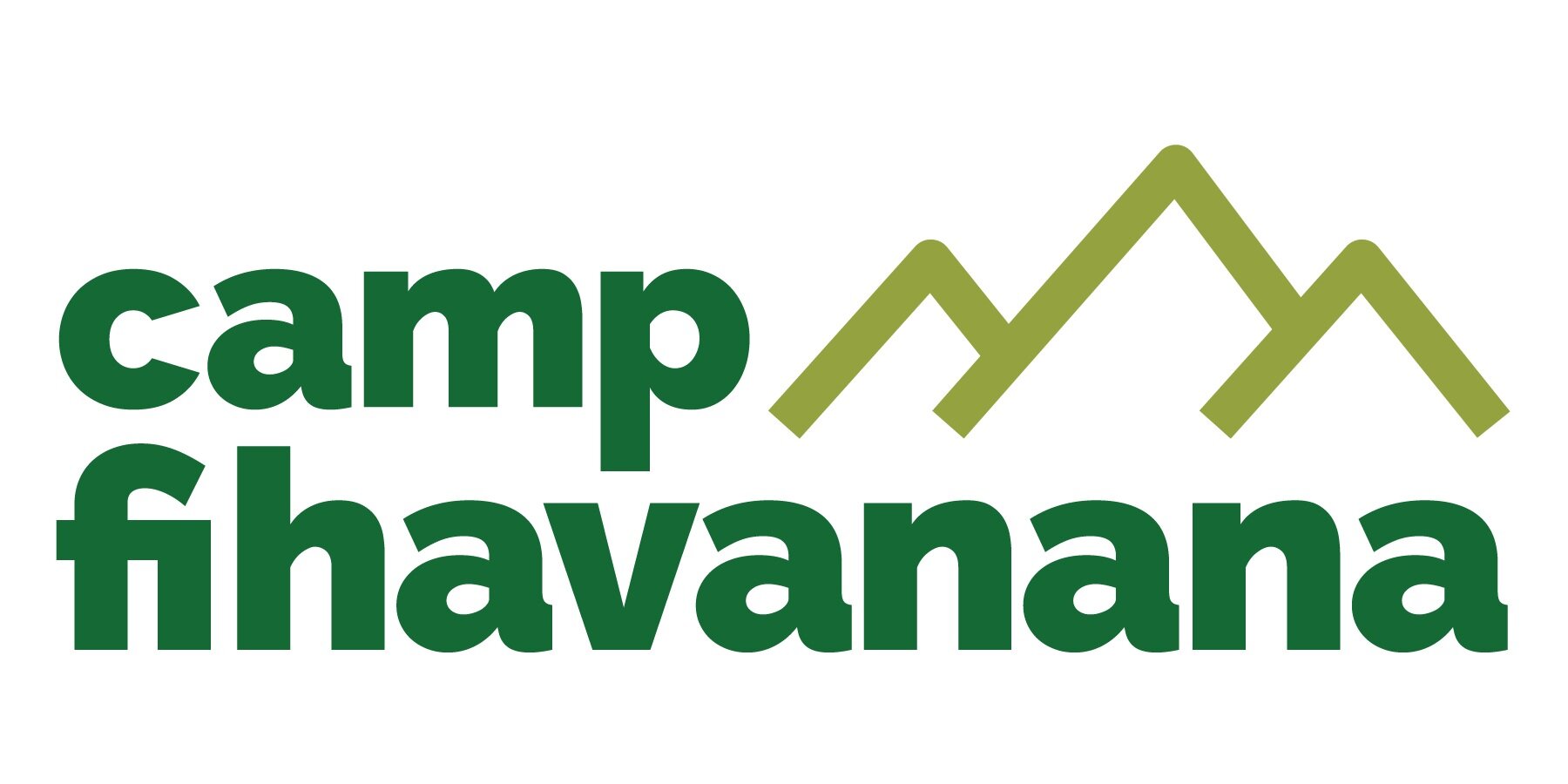Madagascar's Independence Day
Ry Madagasikaranay Malala ô!
Once a kingdom before becoming a French colony in 1896, Madagascar fought for its independence by a bloody-war battle on March 29, 1947 and finally gained it June 26, 1960. Today as we celebrate our 56th anniversary of Independence, we, the Malagasy people, proudly display our flag on every household wall or balcony.
To celebrate, every year on the evening of June 25 everyone walks with colorful ‘Arendrina,’ lanterns in hands. Children play with firecrackers in remembrance of the shots fired during the War of Independence. The Mayor and a Depute lead a mile-long parade, accompanied by a band playing traditional Malagasy music. My hometown of Moramanga comes alive as the firecrackers and music make this evening loud and colorful thanks to the lanterns’ lights. I hold on to my lantern that symbolizes hope while shaking my handmade Malagasy shaker to celebrate the love in my heart for my country. This is my favorite time of year.
Moramanga is where the main battle in the War of Independence occurred, so the Malagasy President has given particular attention and honor here. Each year on June 26, he gives a speech while local students march at the municipal field alongside the military.
Once the speeches are finished, the parade begins. Left right left right, officials clap. Bouquets of flower are taken to the 1947 War Memorial following the parade. Malagasy people celebrate this Independence Day with a lot of food like goose, chicken, or duck and rice. And the night isn’t complete without drinking and dancing.
I love to celebrate Independence Day, but when it comes around each year I can’t help but reflect on what it means to be independent. I asked some other Malagasy citizens what independence meant to them, and they said: community service and civic responsibility, freedom of expression, freedom to laugh and be happy without having to look over their shoulders to see if they will be arrested or imprisoned for wanting food and clothing, to freely talk with a trusting neighbor. You see, we may be an “independent nation,” but our citizens feel far from free. To me, independence means taking care of your own needs and assuming responsibility for your decisions while considering both the people around you and your environment. That definition does not fit a lot of my fellow Malagasy people, particularly those in high-up, official positions, but I do believe that all of these definitions will one day reflect my Malagasy nation. It will take a lot of work, but we hope that grassroots efforts like Camp Fihavanana will help change perspectives and empower people who may have never felt able before to make changes in their community that could ultimately affect their entire country.


